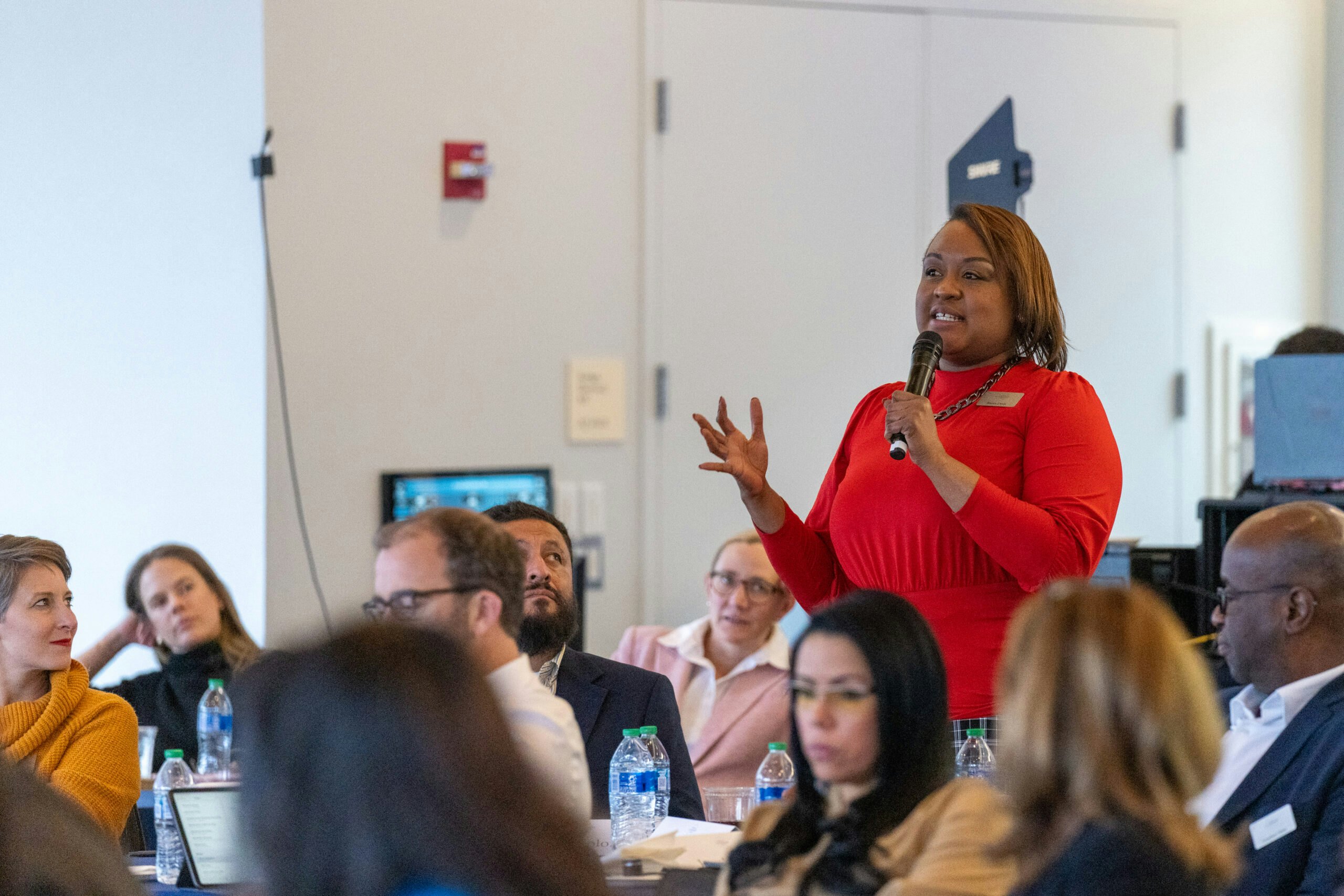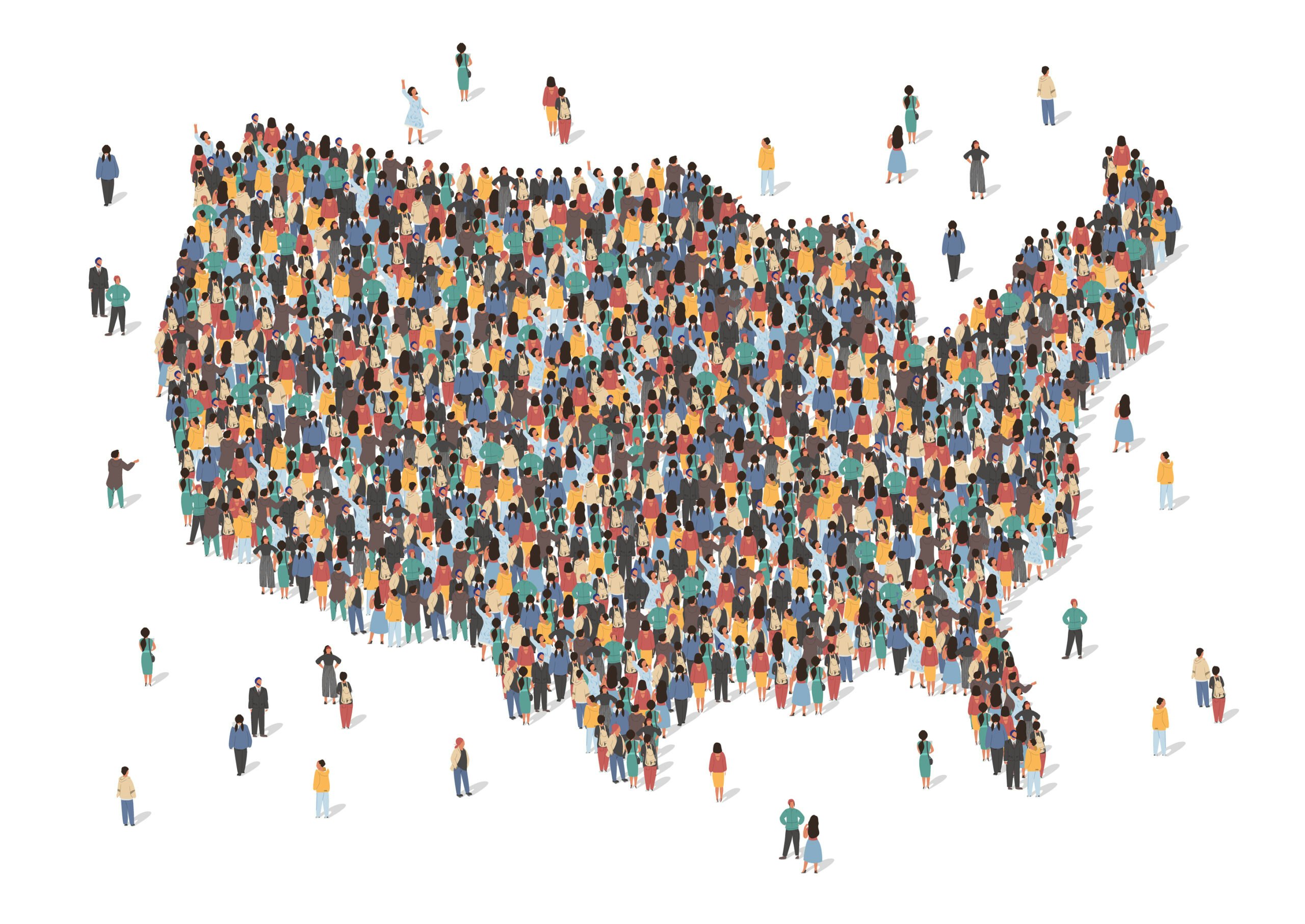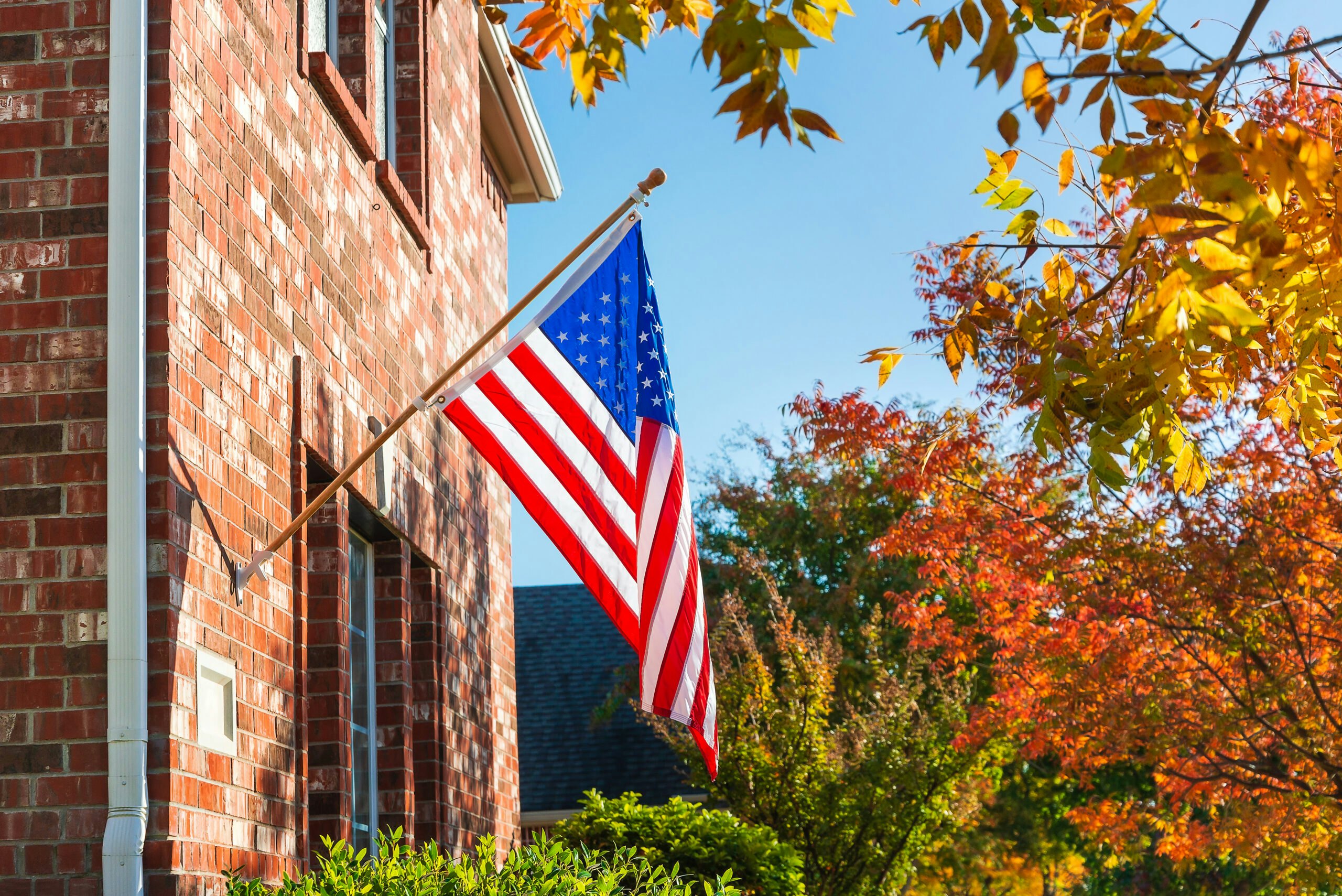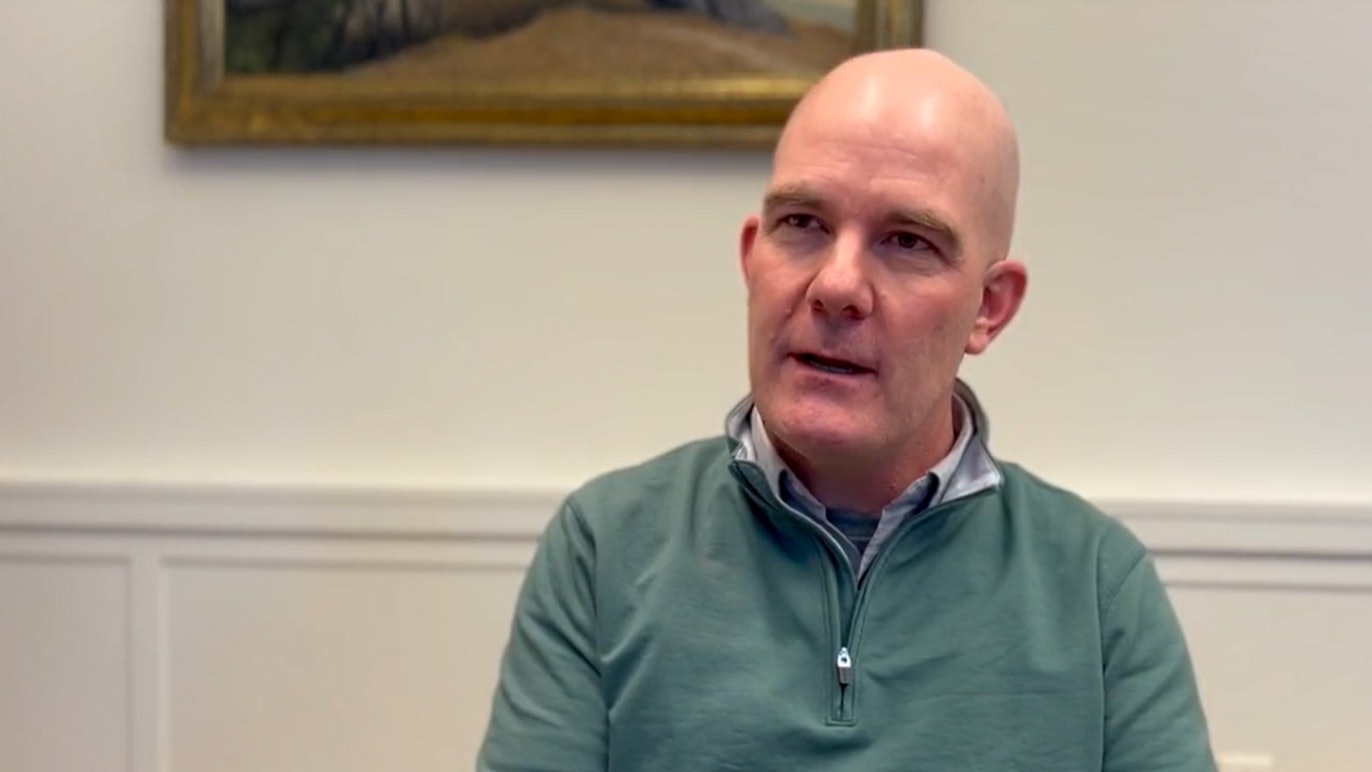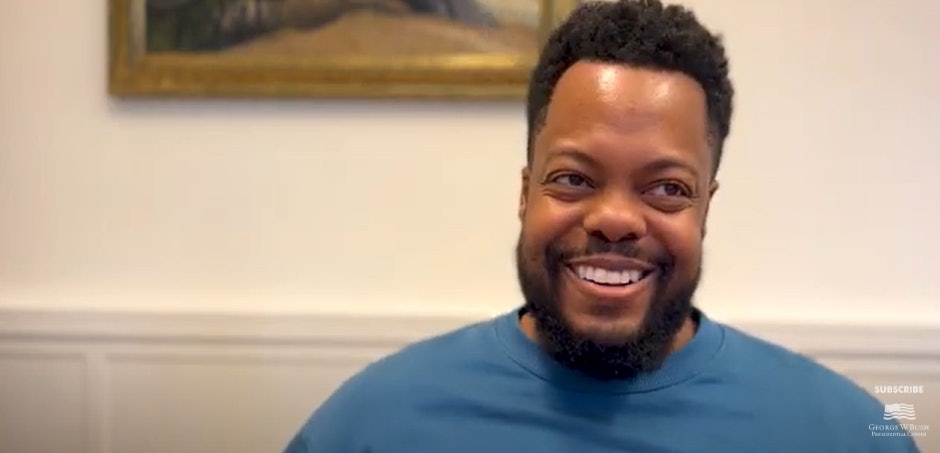Election season is upon us, and many people from coast to coast are already casting their ballots – not just for president but for Congress, the state Legislature, and various ballot measures.
While most people are focused on the top of the ballot, some of the less publicized races are even more critically important to voters’ daily lives. Think of issues like school choice, abortion, and taxation, among others.
Frankly, these down ballot races are also the ones in which voters’ voices are heard the most. That’s because fewer people are deciding, say, your local city proposition than who will be the next president. Down ballot races also build the bench for the future, as many candidates in local races may run for higher office in a few years’ time.
So it’s important to vote your entire ballot – which means educating yourself about all the races. For the less publicized contests, this can turn into a research project. It takes time, but it’s critical to our democracy to make your vote count – particularly where it will have the most impact.
I start by figuring out what’s on my ballot and then using reliable sources like newspapers and nonpartisan sites to research the contests and the issues, particularly the ones that I don’t know much about.
If your state mails you your ballot, you can cut out the first step. For the rest of us, look up your registration and download your sample ballot from your state or county election board’s website.
I print out my sample ballot, mark it up, and take it with me to the polls. This may sound very old school, but many places won’t allow you to consult your phone or digital device while voting but will allow you to take in a piece of paper.
This year, my ballot includes contests for U.S. president, U.S. Senate, Congress, the state Legislature, county officials, judgeships, and assorted propositions.
I start with the races I’ve already decided. Then I research the rest on reputable sites, such as newspapers and nonpartisan groups and the state bar association. I may also look at the candidates’ own websites to see what they’re highlighting about themselves.
My first stop is always my local newspaper and the state’s other major metro dailies. Their opinion staffs meet with and interview candidates for all sorts of races in the lead-up to the election and then make endorsements. These include candidates for federal, state, county, and local office, judgeships – and school board elections, when relevant. The editorial board usually weighs in on ballot measures, too.
I don’t always agree with newspaper endorsements, but the best ones provide the rationale behind their choices. Some newspaper editorial boards will make clear whether they believe candidates are qualified or have a specific bias. Others will state that voters have more than one good choice but discuss why they’re picking one candidate over the other. That helps me decide who I can support.
Newspapers also publish voter guides with candidate responses to questionnaires that voters can compare side by side. The nonpartisan League of Women Voters of Texas and some other organizations do this as well. Some partisan groups publish their own questionnaires and/or endorsements. If there’s a specific issue that you care very strongly about, you might check how aligned organizations rate the candidates.
I also enter the candidates’ names into a search engine and look for news stories about them. Sometimes there will be a story about a debate they held. Once I discovered a candidate I favored had legal issues that hadn’t previously been apparent. Another time, I chose the lesser-known opponent of a candidate who had been endorsed by extremists.
Some states elect judges, which can be the largest and most time-consuming part of the ballot to go through. Again, endorsements and news articles are a great place to go, particularly if you’d like to know where the candidate stands on a particular issue. I also search the state bar association for information on what other legal professionals think of the candidate. If the candidate lacks peer support, I’ll do a deeper dive to find out why. Perhaps they’re unqualified or overly partisan or just aren’t very good at running a courtroom.
That brings us to the ballot measures – the local items most likely to affect daily life where you live. Again, reputable news sites are a good place to begin, including the local newspaper, TV stations, and community news websites. One challenge of propositions is the confusing way some are written. Make sure you know if a “yes” vote is actually for or against something. News media can help with this, as can groups lobbying on either side of a measure.
Early voting is underway in much of the country. Take the time to get ready and become an informed voter.





